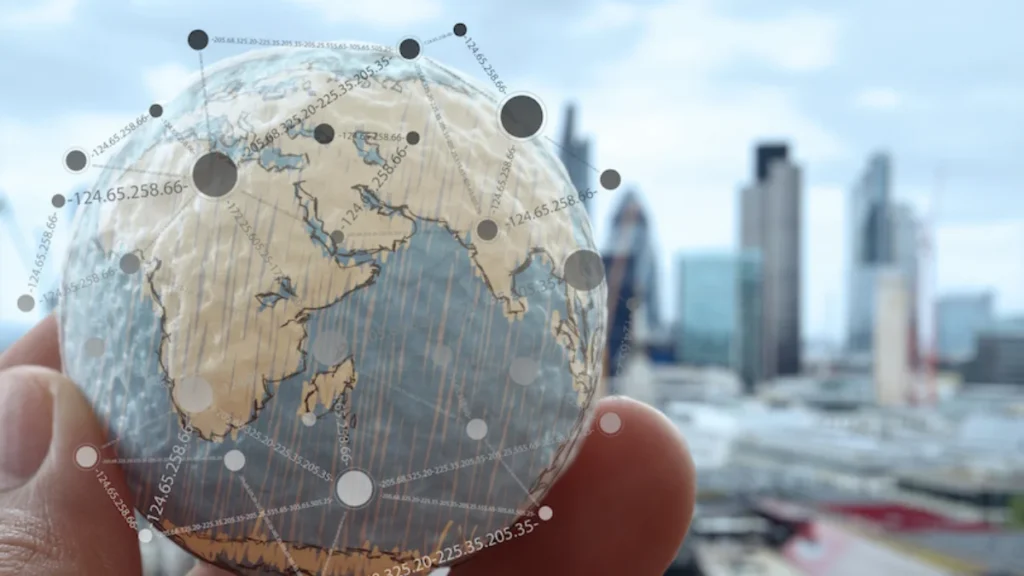Foreign affairs play a crucial role in today’s globalized world. As nations become increasingly interconnected, it is essential to comprehend the significance of international relations. Diplomatic interactions and negotiations between countries shape our political, economic, and social landscapes. This article aims to explore the complexities of foreign affairs, examining the challenges they present and the strategies employed to address them.
The Role of Diplomacy in a Globalized World
Diplomacy lies at the heart of foreign affairs, serving as the primary means for nations to communicate, negotiate, and resolve conflicts. In a globalized world, diplomacy becomes even more critical due to the interconnectedness of nations. It is through diplomatic channels that countries foster alliances, establish trade agreements, and collaborate on various global issues. Effective diplomacy requires skilled diplomats who possess a deep understanding of cultural nuances, international law, and the political landscape.
Challenges and Complexities of Foreign Affairs
Foreign affairs are inherently complex and fraught with challenges. One of the primary complexities is the diverse range of interests and priorities among nations. Each country has its own political, economic, and social agenda, making it difficult to find common ground. Additionally, cultural differences, historical conflicts, and power dynamics further complicate the negotiation process. In today’s globalized world, challenges such as terrorism, climate change, and economic inequality require collaborative efforts and innovative solutions.
Key Players in International Relations
To navigate the complexities of foreign affairs, it is crucial to understand the key players in international relations. Nation-states, non-governmental organizations (NGOs), intergovernmental organizations (IGOs), and multinational corporations all play significant roles. Nation-states are the primary actors, representing the interests of their respective countries. NGOs and IGOs, such as the United Nations and the World Trade Organization, provide platforms for international cooperation. Multinational corporations, with their economic influence, often shape foreign policy decisions.
Case Studies of Successful Foreign Affairs Strategies
Examining successful foreign affairs strategies can provide valuable insights into navigating complex international relations. The United States’ role in brokering the Camp David Accords between Israel and Egypt in 1978 is a prime example. The diplomatic efforts led to a historic peace agreement, demonstrating the power of negotiation and compromise. Similarly, Germany’s reunification in 1990 showcased the diplomatic finesse required to overcome historical divisions and forge a unified nation.
The Impact of Globalization on Foreign Affairs
Globalization has significantly impacted foreign affairs, reshaping the dynamics of international relations. The increasing interdependence of economies and the ease of communication have accelerated the pace of global interactions. This interconnectedness has led to both opportunities and challenges. On one hand, globalization has facilitated trade, cultural exchange, and technological advancements. On the other hand, it has amplified the spread of transnational threats, such as terrorism and pandemics.
Navigating Cultural Differences in Foreign Affairs
Cultural differences often pose significant challenges in foreign affairs. Each nation has its own customs, traditions, and communication styles. Understanding and respecting cultural nuances is crucial to building trust and fostering productive diplomatic relationships. Intercultural dialogue, cultural exchange programs, and language training for diplomats can help bridge these gaps. Embracing diversity and promoting mutual understanding are essential for successful foreign affairs in a globalized world.
The Future of Foreign Affairs in a Globalized World
As globalization continues to shape our world, the future of foreign affairs holds both promise and uncertainty. Technological advancements, such as artificial intelligence and blockchain, will undoubtedly influence diplomatic processes. Additionally, emerging global challenges, such as cybersecurity and climate change, will demand innovative approaches to international cooperation. The ability to adapt to these changes and forge new diplomatic strategies will be crucial in navigating the complexities of a globalized world.
Resources for Staying Informed on Foreign Affairs
Staying informed on foreign affairs is vital for individuals and organizations alike. Various resources can provide valuable insights into international relations. News outlets such as BBC World News, The New York Times, and Al Jazeera offer comprehensive coverage of global events. Think tanks and research institutes, such as the Council on Foreign Relations and Chatham House, provide in-depth analysis and policy recommendations. Engaging with these resources can enhance one’s understanding of foreign affairs and contribute to informed discussions.
Conclusion
Navigating the complexities of foreign affairs in a globalized world requires a deep understanding of diplomatic processes, cultural differences, and the impact of globalization. By recognizing the importance of international relations, embracing diplomacy, and fostering collaborative efforts, nations can address global challenges and forge a more interconnected world. As individuals, staying informed and engaged in foreign affairs allows us to contribute to the dialogue and work towards a more peaceful and prosperous global community.
FAQs
Q: What is the role of diplomacy in foreign affairs?
A: Diplomacy is the primary means through which nations communicate, negotiate, and resolve conflicts in foreign affairs. It plays a crucial role in fostering alliances, establishing trade agreements, and addressing global issues.
Q: How does globalization impact foreign affairs?
A: Globalization has accelerated the pace of global interactions, facilitating trade, cultural exchange, and technological advancements. However, it has also amplified the spread of transnational threats, requiring innovative approaches to international cooperation.
Q: How can cultural differences be navigated in foreign affairs?
A: Navigating cultural differences in foreign affairs requires understanding and respecting cultural nuances. Intercultural dialogue, cultural exchange programs, and language training for diplomats can help bridge these gaps.

